Many experience a strange, uneasy feeling walking out of the store empty-handed or stopping at a red light with a police car in an adjacent lane. You know you've done nothing wrong, yet feel like a criminal about to get caught red-handed. These are just some of the things that feel illegal but aren't. The irony is that on some occasions, you might actually do things that are illegal, yet be utterly unaware of it. This is when something considered mundane in your place of residence makes it to the list of things banned in other states or countries.
We are all aware of standard or normal things that are banned around the world (or in most places), such as stealing, kidnapping, crossing at a red light, driving over the speed limit, etc. We are aware that these things are punishable. However, what about the many weird laws and weird things banned around the world or parts of it that we literally have no clue about? Because how else would you know that flip-flops are prohibited on the island of Capri, in Italy, unless your travel itinerary warned you in advance? Or that you can't bring any shaving brushes made in or exported from Japan to St. Lucia? That's right, Japanese shaving brushes and flip-flops are just two of the odd banned things around the world. There's a big difference between being ignorant about the laws and being unaware of very peculiar, strange things that are banned in other countries. However, as they say, ignorance of the law is no excuse. Hence, if you are lucky, you might learn about the law with just a warning and no fine or, even worse, imprisonment.
Below, we've compiled a list of strange things that have been banned around the world for very peculiar (often not for our understanding or judgment) grounds and reasons. Were you aware of any of these weird things that are illegal in some places around the world? Let us know by giving those an upvote. Also, are there any strange banned things (there must be) that we've missed and should have included in the list? Let us know in the comments!
- Read More: 35 Examples Of Things Banned Around The World To Help You Avoid Awkward Situations While Traveling
#1 High Heels In Historical Sites (Greece)
Since 2009, Greece has outlawed wearing heels at any historical site. Apparently, the pointy heels apply too much pressure to the ground and can chip away at architectural structures.
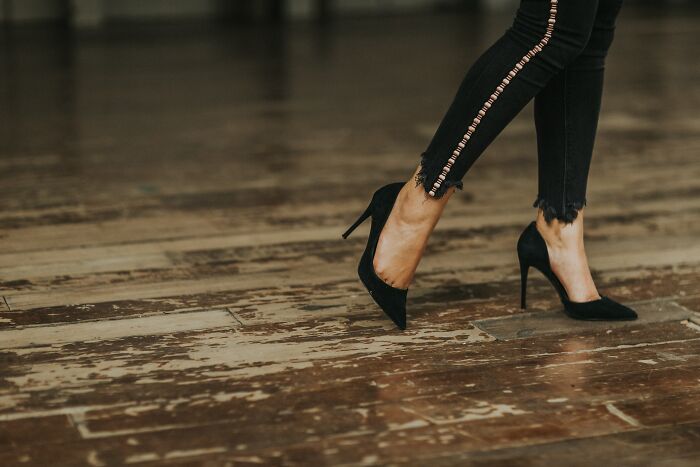
Image credits: npr.org
#2 Goldfish In A Glass Bowl (Rome, Italy)
Although it is legal to own goldfish in Rome, keeping them in a glass bowl is not. It is regarded as harsh since the bowl restricts their oxygen intake and could render them blind.
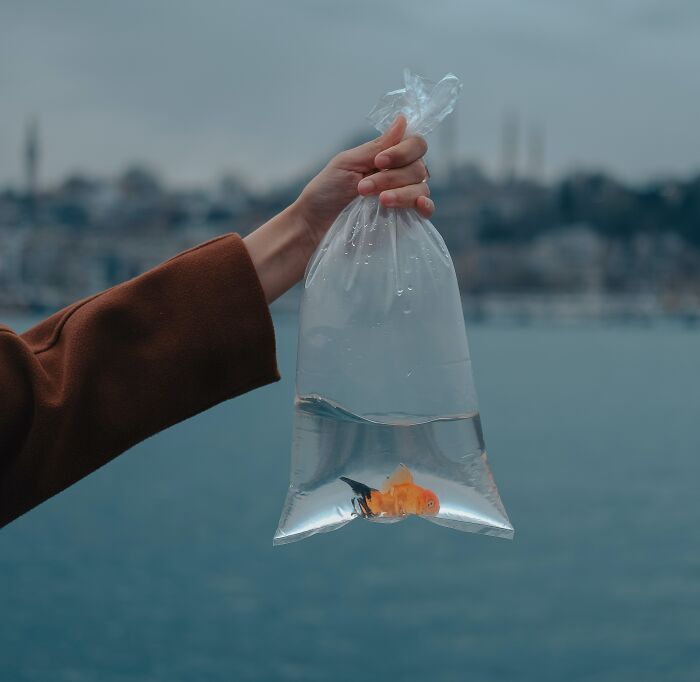
Image credits: chron.com
#3 Flip-Flops (Capri, Italy)
Apparently, flip-flops are prohibited on the Italian island of Capri since they are “excessively noisy,” and residents want to enjoy their “peace and quiet.” Tourists may, however, bring “loud” shoes and wear them in the rest of Italy.
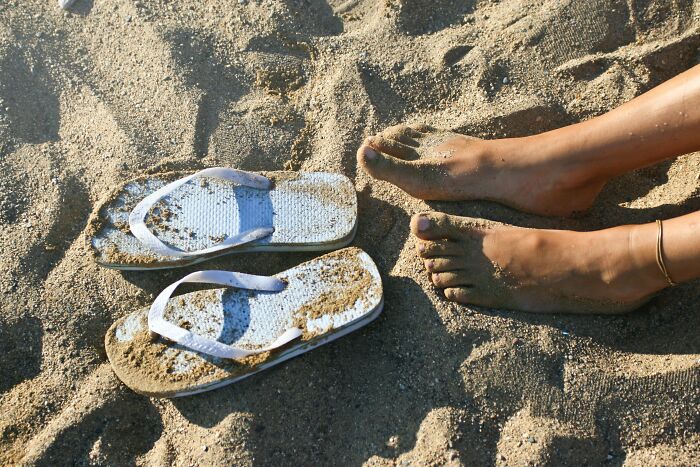
Image credits: travelbiz.ie
#4 Eating Durian Fruit In Public (Thailand, Japan, Hong Kong, And Singapore)
Although the durian fruit may be a favorite among many Singaporeans and visitors, the government and private sector were obliged to ban it due to its pungent stench. Due to the numerous “No Durian” signs found almost anywhere, travelers to Singapore shouldn’t anticipate seeing durian fruit on the city’s public transportation or in major public areas. Durian has also been outlawed on various forms of public transportation in Thailand, Japan, and Hong Kong.

Image credits: thetraveltart.com
#5 Baby Walkers (Canada)
In 2004, the Canadian government banned baby walkers to protect kids since they were moving too fast, and parents or caregivers simply couldn’t respond quickly enough.
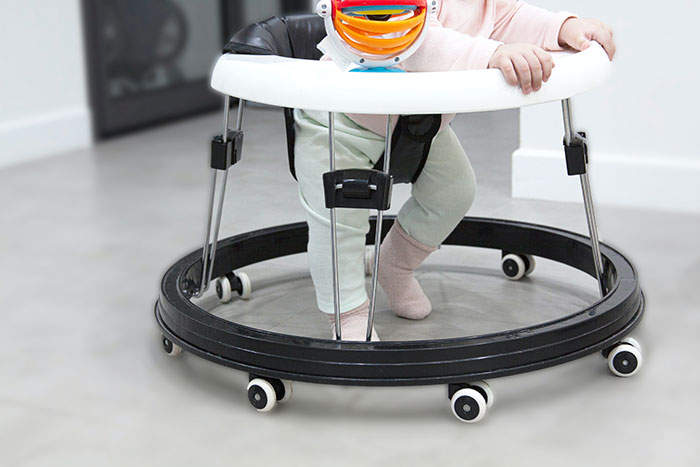
Image credits: canada.ca
#6 Chewing Gum (Singapore)
Singapore forbids the import and trading of chewing gum, except for a few varieties allowed for medicinal reasons. The country also takes prohibition very seriously; the importer might face jail time and huge fines.
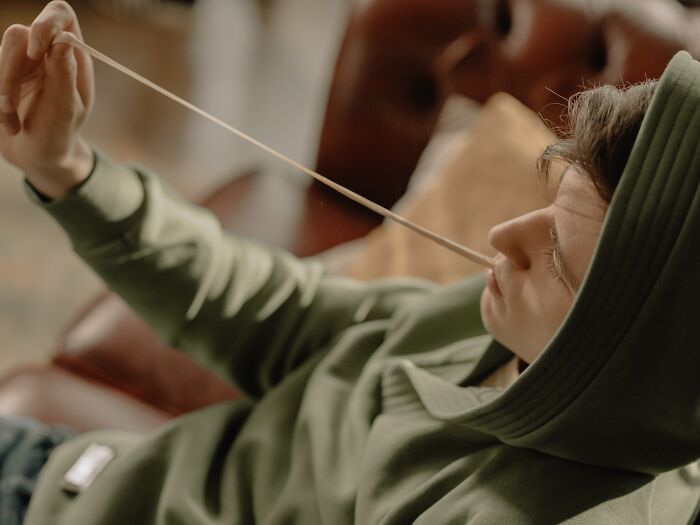
Image credits: Elle Metz
#7 Noise (Victoria, Australia)
In Victoria, Australia, residents are prohibited from making any loud noises during set hours, which are Monday to Friday before 7 am and after 8 pm. and on weekends and public holidays before 9 am and after 8 pm.

Image credits: epa.vic.gov.au
#8 Blue Jeans (North Korea)
Blue jeans are prohibited in North Korea because they are viewed as a symbol of American imperialism. The same applies to other Western items, such as skinny jeans, lip and nose piercings, and branded T-shirts.
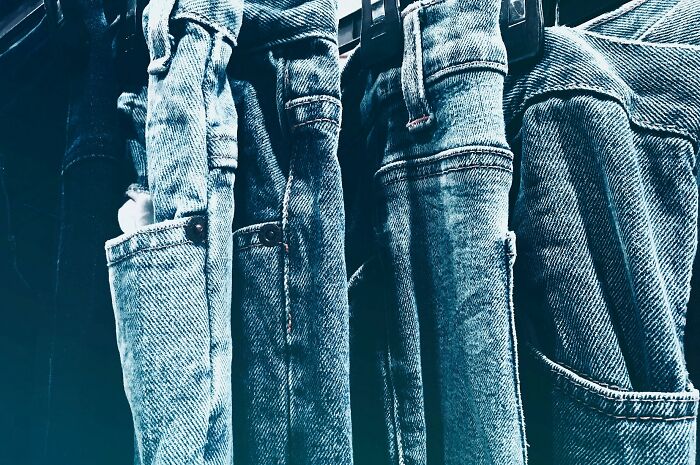
Image credits: Abhishek Bansal
#9 The Word “Jasmine” And Jasmine Flowers (China)
After the 2011 Chinese pro-democracy protests, also known as the Greater Chinese Democratic Jasmine Revolution, the word “jasmine” was blocked by China Mobile and China Unicom, suggesting that one can’t use the word “jasmine” on the internet in China. According to a report in The New York Times from May 10, 2011, selling jasmine flowers at flower marketplaces had also been prohibited.

Image credits: en.wikipedia.org
#10 Reincarnation (China)
Since 2017, only with Chinese government approval may Buddhist monks in Tibet undergo reincarnation. Many believe the law was simply implemented to defame the Dalai Lama and lower public opinion of him.

Image credits: Preeti Aroon
#11 Mullets And Ponytails (Iran)
In 2010, Iran outlawed mullets, ponytails, and long, gelled hair for men but allowed quiffs or floppy fringes in the style of the 1980s. Apparently, the ban included "homosexual" and "devil worshiping" hairstyles, tattoos, sunbed treatments, and plucked eyebrows for males since they are all considered against Islamic law.
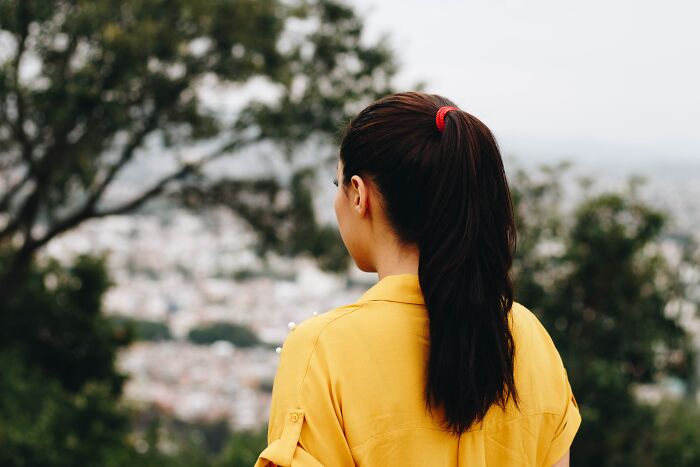
Image credits: Phil Daoust
#12 Running Out Of Gas In Autobahn (Germany)
Running out of petrol is a big no-no since stopping your car on the Autobahn in Germany is also forbidden. Moreover, walking is not allowed on the Autobahn too.

Image credits: schumachercargo.com
#13 Certain Baby Names (Denmark, Iceland, And Portugal)
Foreign names are not permitted to be used for Portuguese infants, so Aiden, Ashley, Bruce, Charlotte, Dylan, and Jenny are all prohibited. A law also forbids giving a kid a nickname as their legal name. For example, the name Tom cannot be used, but Tomas is permitted.
Any name with C, Q, or W in it would be disallowed in Iceland because these letters do not exist in the Icelandic alphabet.
Denmark has a list of around 7,000 baby names that are allowed, and, like in Germany, gender-neutral names are off the list.

Image credits: George Harrison
#14 Yellow Clothing (Malaysia)
As thousands of protestors in yellow t-shirts stormed the streets of Kuala Lumpur and demanded the resignation of the Prime Minister in 2016, the Malaysian government outlawed wearing yellow clothes. Since then, anyone seen wearing yellow has been subject to arrest on the grounds that they are participating in a protest.

Image credits: newscrab.com
#15 Anonymous Blogs With Over 3,000 Daily Visitors (Russia)
A regulation limiting social media users was enacted in Russia in 2014. That meant bloggers with more than 3,000 daily readers had to register with the country’s mass media regulator, Roskomnadzor, and follow the rules that apply to the nation’s major media outlets.

Image credits: Michael Birnbaum
#16 Online Video Games After Midnight Under The Age Of Sixteen (South Korea) - Abolished
In 2011, the South Korean National Assembly passed the Youth Protection Revision Act, sometimes referred to as the "Shutdown Law" or "Cinderella Law," which made it illegal for kids under sixteen to play online video games between the hours of 0:00 and 6:00. However, the legislation was repealed in 2021.
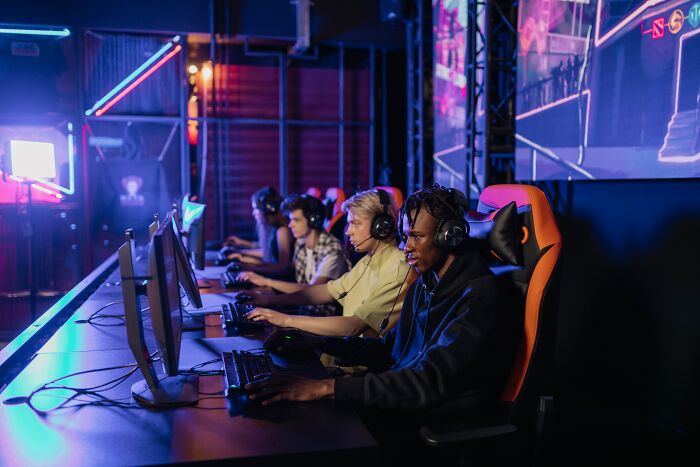
Image credits: en.wikipedia.org
#17 Gambling At The Casino, If You Are A Citizen Of Monaco (Monaco)
Monaco residents are not allowed to gamble. Nonetheless, just 8,000 out of the 38,000 population, or around 21%, are citizens. A few publications said it was a moral policy that dates back to the establishment of casinos in the 1850s as to why those 8,000 residents are not allowed to bet.
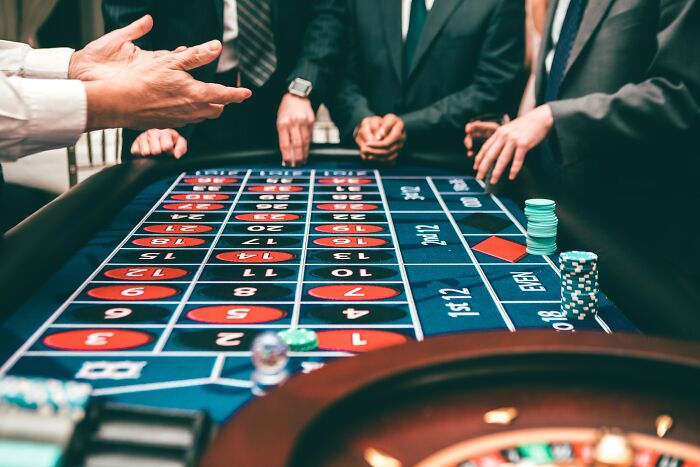
Image credits: en.wikipedia.org
#18 Lip-Syncing (Turkmenistan)
To protect “true culture,” the former president of Turkmenistan banned lip-syncing in 2005. Also, he outlawed opera and ballet, calling them superfluous. According to the former president’s order, lip-syncing isn’t permitted at cultural events, concerts, television, or private gatherings like weddings.
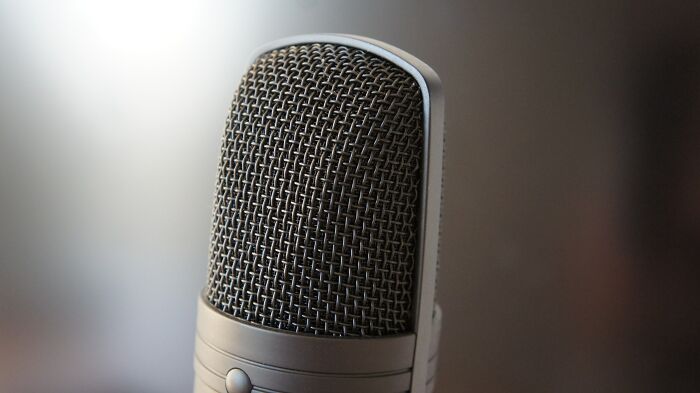
Image credits: bbc.co.uk
#19 Time Travel Movies And TV Shows (China)
China’s government attempted to limit TV’s “bad” effects out of concern for how it would affect its residents’ perceptions of the world. Hence, in 2011, officials decided to outlaw time travel plots because they were worried about the rising popularity of time travel programs that alter history.
However, the directive from China’s Bureau of Broadcasting issued in 2012 might have been more of a guidance and not strict rules since several movies and TV shows, including time travel plots, have been shown in China since. Filmmakers are still allowed to create TV shows that do not follow the rules, but there may be a long delay before those shows may be broadcast.
In addition to broadcasting, a TV series’ screenplay must be approved by the censorship board. Even if a film or television series is made, it cannot be broadcast or streamed in China if the censorship board does not approve of the plot. Hence, filmmakers often won’t take the chance to produce a movie or television series that likely won’t be shown on the big screen.
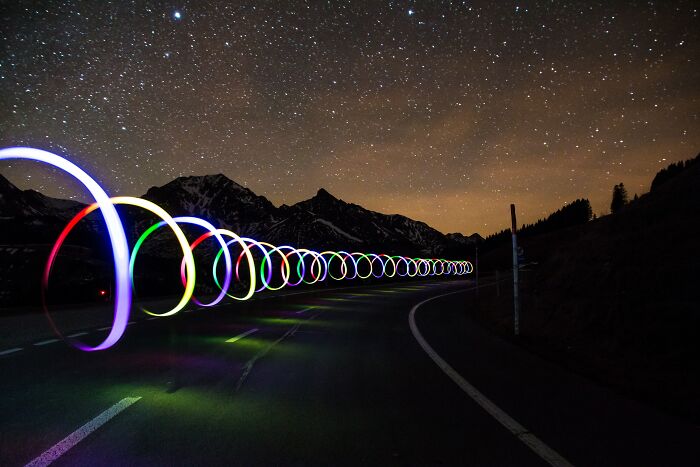
Image credits: thediplomat.com
#20 Jogging In Groups (Burundi)
Apparently, jogging groups were prohibited from Burundi’s capital in 2014 because opposition parties used them as a pretext for organizing “uprisings.” However, individual jogging is allowed.
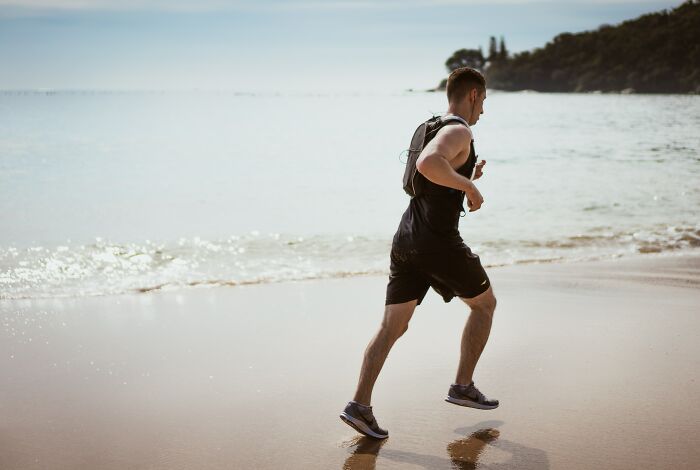
Image credits: bbc.com
#21 Photos Of The President’s House (South Africa)
In 2013, the South African government threatened legal action against media sites that published images of President Jacob Zuma’s home. The photo ban came after a lengthy dispute about Zuma's house in Nkandla, KwaZulu-Natal — a massive property with a mini-football field, a gym, and helicopter pads. A controversy broke out after it was learned that more than £12 million in public funds were spent to renovate the property, leading various media sources to publish aerial pictures of it.
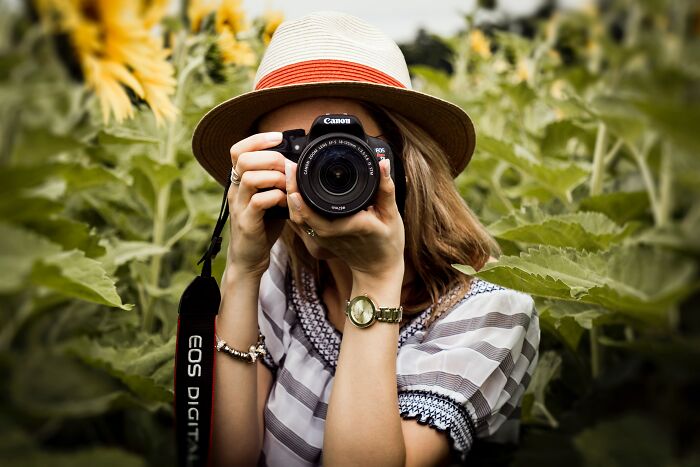
Image credits: Salma Abdelaziz
#22 Creating Memes (Australia)
Lawfully, memes cannot be created or distributed in Australia because of the country’s strong copyright laws. “Distributing an infringing article that prejudicially affects the copyright owner” is prohibited, according to Section 132A Part 2 of the Copyright Act.

Image credits: butlers.net.au
#23 Importing Ballpoint Pens (Nigeria)
In addition to ballpoint pens, so are prohibited all types of footwear, live or dead birds, spaghetti or noodles, carpets, and cocoa butter.
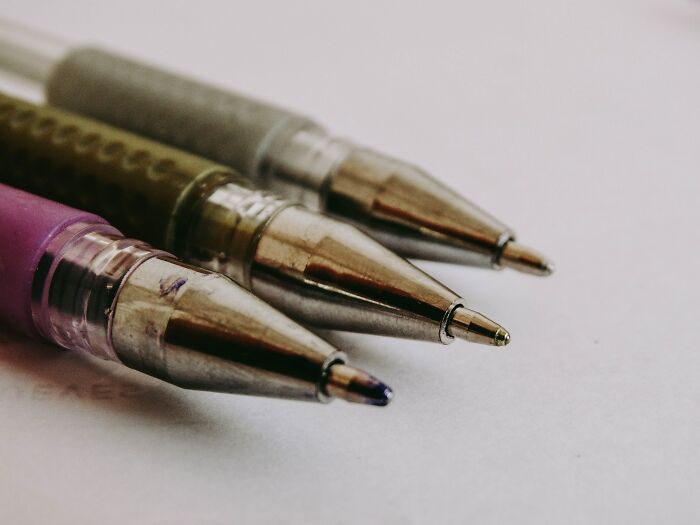
Image credits: trade.gov
#24 Using More Than 25 Pennies (Canada)
Since 2013, using more than 25 pennies in a single transaction has been prohibited in Canada. This was one of the laws set to place to gradually phase out coins.
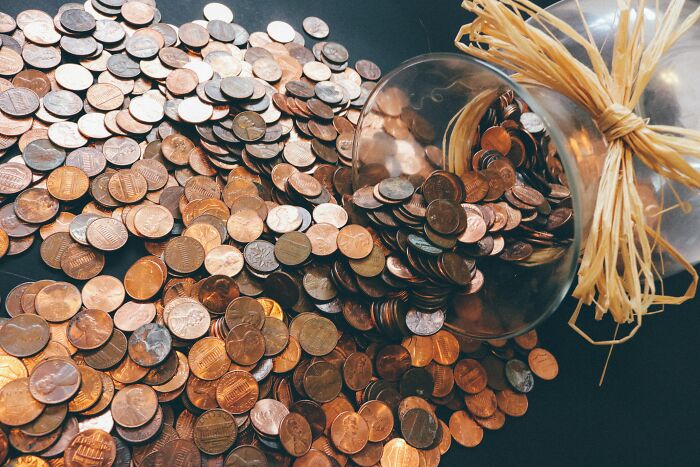
Image credits: cbc.ca
#25 Wheelbarrows And Carts (Lagos, Nigeria)
The Lagos State Government banned the use of carts and wheelbarrows in 2018, claiming that their activities were detrimental to the state’s environmental cleanliness. According to a former secretary to the state government, investigations have shown that the majority of the unlawful dumping of rubbish into canals and road medians at night that results in floods was done by cart pushers.

Image credits: guardian.ng
#26 Haggis (USA)
Haggis’s importation from the UK into the US was outlawed in 1971 due to a restriction on products containing sheep lung. All lungs are prohibited because, during slaughter, bodily fluids like mucus and stomach acid might seep into the lung.
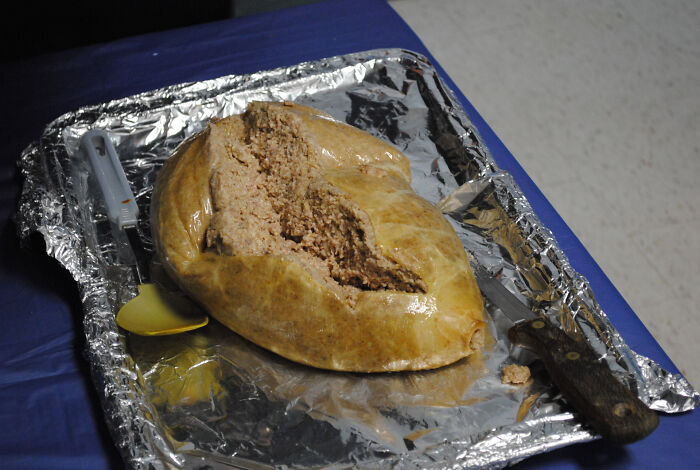
Image credits: en.wikipedia.org
#27 Japanese Shaving Brushes (Saint Lucia)
These innocent-looking shaving brushes are forbidden in the Caribbean island of Saint Lucia. After a scandal involving anthrax contamination in the early 1900s, the island outlawed all imports of shaving brushes made in or exported from Japan.

Image credits: customs.gov.lc
#28 Valentine’s Day (Indonesia, Pakistan, And Saudi Arabia)
Saudi Arabia, Indonesia, or Pakistan residents cannot celebrate Valentine's Day. Since it is not a Muslim practice and because it emphasizes love that isn’t aimed at God, Pakistan outlawed the holiday in 2017.
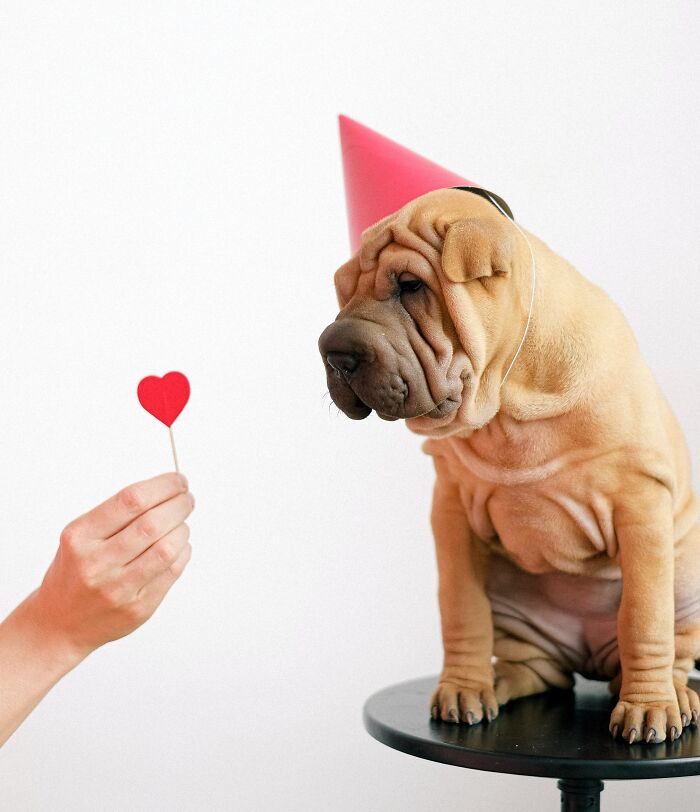
Image credits: Spriha Srivastava
#29 Electronic Games In Public Places (Greece) — Abolished
The Greek government approved the controversial Law 3037/2002 in 2002. However, it was eventually repealed in 2012. The law effectively outlawed all electronic games related to gambling, including those running on computers, consoles, and mobile phones, to combat unlawful gambling in the country.

Image credits: en.wikipedia.org
#30 Police Whistles (Guatemala)
Among things such as arms, cremated remains, feeding bottles, Gardenia plants and seeds, Guatemala’s conditions for mailing also prohibit mailing police whistles. Why? Unfortunately, we couldn’t find any reasonable explanation. However, apparently, police whistles can be used as weapons and break the eardrum, which causes pain, loss of balance, and possibly even unconsciousness.
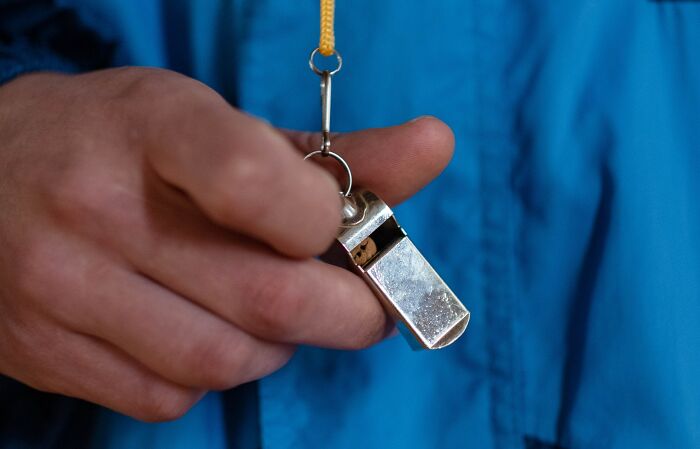
Image credits: pe.usps.com
#31 Google Earth, Skype, And Youtube (Morocco)
According to reports, Google Earth, Skype, and YouTube have all been intermittently blocked in Morocco since at least 2006. However, tests carried out in the middle of 2013 revealed that they were all usable. Still, it is impossible to determine the status of a specific website because the blocking is not systematic and constant in time and place, and Morocco’s primary ISP disputes that they intentionally block particular services, blaming technical difficulties.
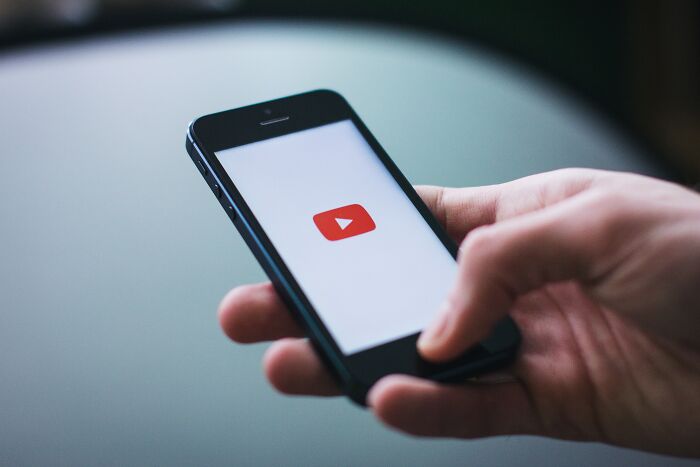
Image credits: en.wikipedia.org
#32 Import Of Pencils (Tunisia)
Most nations have a standard list of prohibited things, such as weapons and explosives. Yet, some countries have stronger laws than others. For instance, pencil imports are forbidden in Tunisia. Why? Not quite sure. However, items such as crayons, baby feeders with tubes, raisins, and soap are also prohibited.

Image credits: countryaah.com
#33 Candy Eggs (USA)
Kinder Surprise Candy Eggs have been classified as a choking hazard since these chocolate sweets have a little toy within them. Attempts to import this Canadian sweet have resulted in people being detained in airports.

Image credits: cpsc.gov







